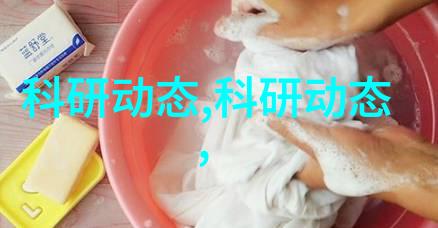清洁之道:揭秘消毒灭菌的科学与艺术

在这个充满细菌和病毒的世界里,消毒灭菌成为了我们日常生活中不可或缺的一部分。从医院的操作室到家庭厨房,从学校的教室到公共交通工具,无处不在地展开着这场无声的战斗。那么,什么是消毒?它与灭菌有何区别?以及如何有效进行消毒灭菌呢?
首先,我们需要明确两个概念:消毒和灭菌。在医学上,消毒通常指的是使用物理、化学或生物学方法来杀死大多数微生物,但并非完全能除去所有病原体;而灭菌则是一种更为严格的手段,它能够彻底杀死所有微生物,不留后患。

案例一:医院感染控制
hospitals across the globe are employing advanced technologies to ensure that their facilities remain free from harmful pathogens. For instance, UV-C light disinfection systems have been shown to be highly effective in eliminating bacteria, viruses and fungi from surfaces.

案例二:食物安全
Food safety is another critical area where proper sanitization plays a crucial role. Restaurants and food processing plants rely on sanitation protocols that include thorough cleaning of equipment, utensils, and work surfaces as well as regular testing for contaminants.

案例三:公共卫生
Public spaces such as shopping malls and public transportation vehicles also require regular sanitizing measures. This can include hand sanitizer stations placed at strategic locations, frequent cleaning of high-touch areas like door handles and railings, as well as using foggers or misting devices to sanitize large areas.

除了这些实际应用外,还有一些科学原理也值得了解。例如,热力学法(如蒸汽滅菌)利用高温来摧毁微生物,而化学品,如漂白剂,可以通过破坏细胞膜或者干扰代谢过程来达到目的。而对于那些对温度敏感或者无法处理化学物质的情况,比如电子设备等,则可以采用紫外线光照射技术。
然而,在实践中,我们还需注意一些细节,比如正确使用产品、合理选择时间间隔,以及定期检查和维护设备等。这一切都需要专业知识和精准执行才能真正发挥出其预期效果。
最后,无论是在医疗环境还是日常生活中,有效进行消毒灭菌都是保持健康、防止疾病传播的重要手段。透过不断学习、实践创新,我们将能够更加精准地应对那些隐藏在角落里的敌人,让我们的生活更加安全而又舒适。



